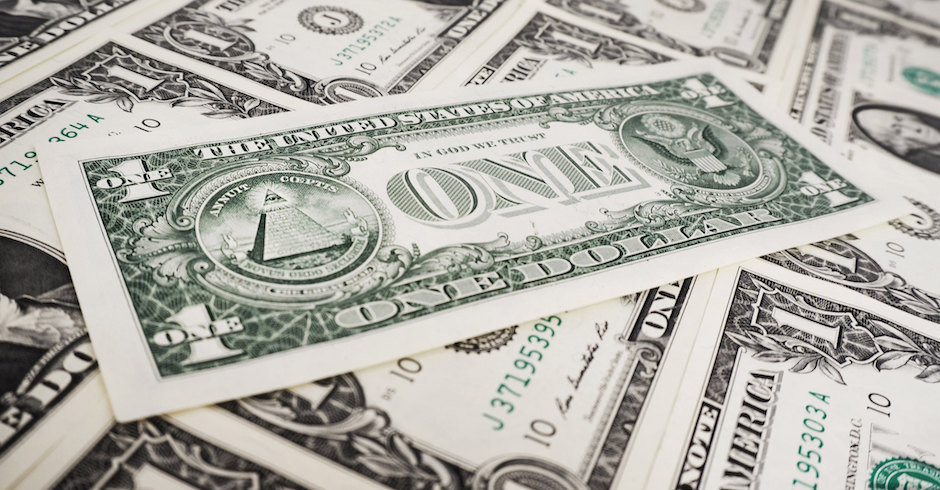[ad_1]
Three additional states will be raising their minimum wage to $15 an hour as of New Year’s Day, raising the total to seven.
Maryland and New Jersey are the latest states to join the $15 minimum wage club when a wage increase goes into effect at the beginning of the year, according to the Economic Policy Institute. Upstate New York is also raising its minimum wage; until 2024, it was the only part of the state with a rate below $15 an hour.
Currently, California, Connecticut, Massachusetts and Washington state are the only states where every region has a $15 minimum wage or higher, but more are coming. Seven states have passed laws that will gradually raise the minimum wage over $15, the EPI says. The highest minimum wage rate in the country is in Tukwila, Washington, a Seattle suburb. In Tukwila, the rate is $20.29 an hour.
For those not in the states mentioned, there’s still good news—nearly half the country, 22 states, will be raising their minimum hourly wage. Twelve of those increases are automatic, as those states adjust for inflation yearly, according to the EPI.
While $15 is becoming more common, the federal minimum wage is just $7.25 per hour. The last increase to the federal rate was in 2009, according to the Department of Labor. Prior to 2009, small boosts were relatively common, occuring in 2007 and 2008, and four times during the 1990s.
Only five states don’t have their own laws setting the minimum wage, according to the National Conference of State Legislatures: Alabama, Louisiana, Mississippi, South Carolina and Tennessee. Two others officially have a lower minimum wage than the federal level—Georgia and Wyoming are both at $5.15 per hour. In those two states, the federal level supersedes the state-level wage, so minimum wage employees still earn $7.25.
There has been a campaign throughout the 2010s to raise the national minimum to $15. But, according to U.S. News and World Report, even that raise isn’t enough to pay for most living expenses for an average family.
Attempts to raise the federal rate at all have stalled out in Congress. Since 2017, a “Raise the Wage Act” has been introduced every year. The 2023 version of the bill, introduced by Senator Bernie Sanders (I-VT) and Representative Bobby Scott (D-VA), would raise the minimum wage to $17 by 2028. All previous versions had died in committee, and the current version has been referred to the committees of jurisdiction.
The politicians say that if the minimum wage had kept pace with productivity, it’d be at $23.
“In the year 2023 a job should lift you out of poverty, not keep you in it. At a time of massive income and wealth inequality and record-breaking corporate profits, we can no longer tolerate millions of workers being unable to feed their families because they are working for totally inadequate wages. Congress can no longer ignore the needs of the working class of this country. The time to act is now,” Sanders said.
Featured image from Pictures of Money via Flickr, used under the Creative Commons 2.0 license.
[ad_2]




